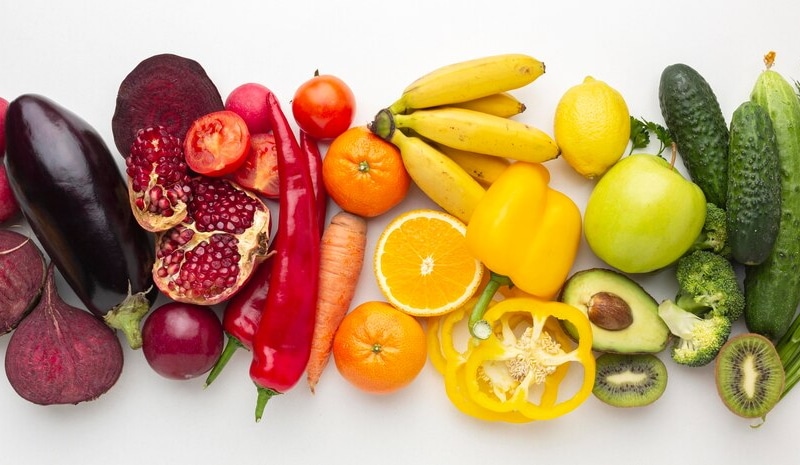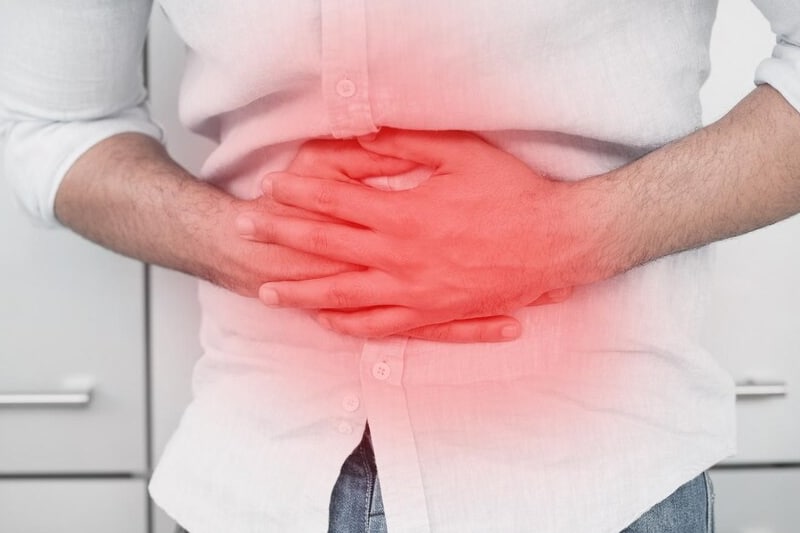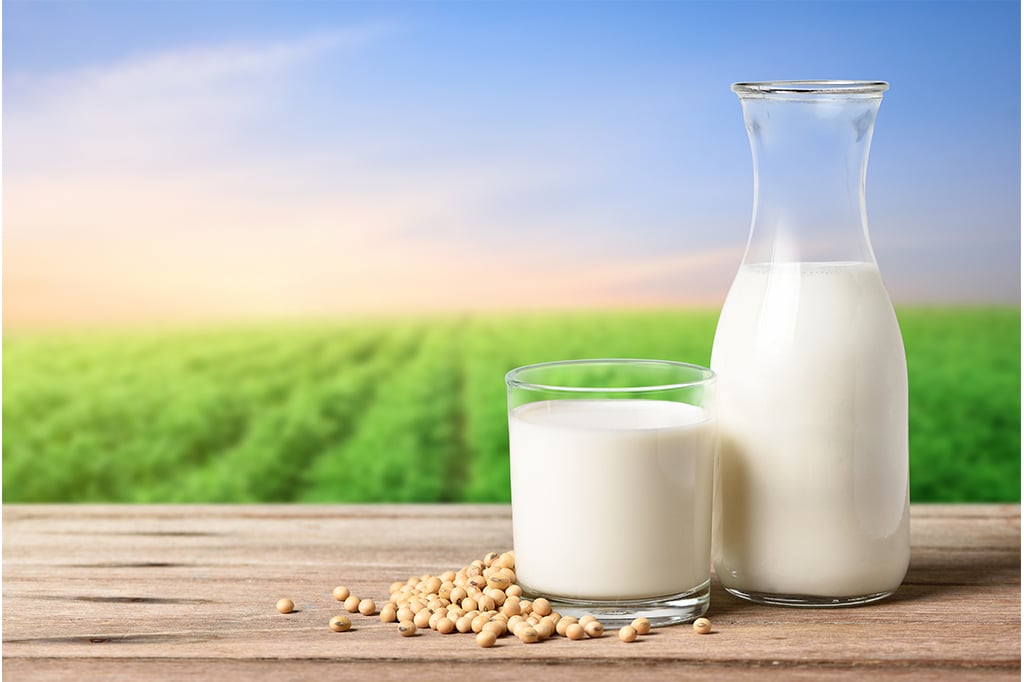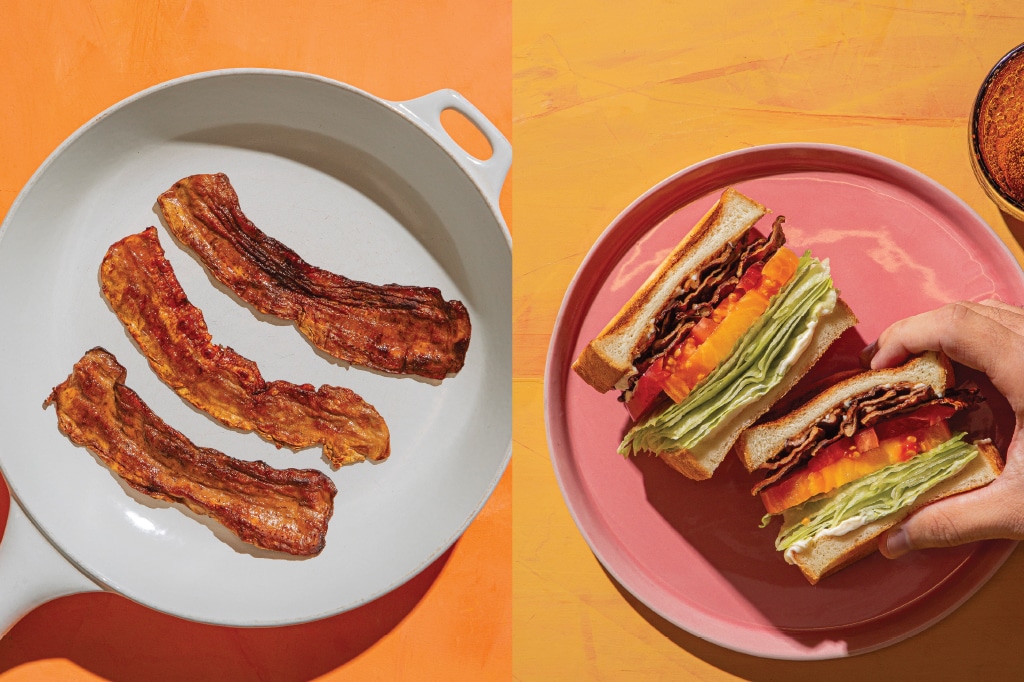In diet culture, low-carbohydrate diets such as Atkins, South Beach, and paleo are celebrated as weight loss miracles. Keto, or the ketogenic diet, is one of these low-carb diets. In contrast to other diets, which recommend substituting carbohydrates for protein, the ketogenic diet substitutes carbohydrates for fats. Despite the apparent speed of effects, this diet, which has a history as a medical treatment, carries certain health hazards.
What is a ketogenic diet?
When the keto diet is followed correctly, the absence of carbohydrates taken drives the body into a metabolic condition known as “ketosis.” In this condition, the liver synthesizes ketones from fat reserves. These ketones then provide energy to the body in place of carbohydrates, the body’s regular source of energy, resulting in quick weight loss for many individuals. But is this a positive thing? And is the ketogenic diet healthy?
It is beneficial for weight loss because it is an extremely restrictive diet that eliminates so many foods. Dana Ellis Hunnes, Ph.D., MPH, RD, explains that any diet that removes entire food groups will result in weight loss. However, this is not a healthy diet.
The ketogenic diet that induces ketosis is not intended for the average person. In the 1920s, physicians introduced it as a treatment for epilepsy and seizure disorders in children and as an adjuvant therapy to lower the risk of seizures. Hunnes adds, “Not for the normal individual wanting to reduce weight.” Unless they are being regularly monitored by a dietician who understands how to construct a ketogenic plan, the majority of keto diet adherents are not in ketosis.
What does one eat on a keto diet? In general, the diet consists of 70 to 80 percent fat, 5 to 10 percent carbohydrates, and 10 to 20 percent protein. This totals 165 grams of fat, 40 grams of carbohydrates, and 75 grams of protein, according to Harvard Health. For context, a half-cup serving of cooked long-grain brown rice has roughly 26 grams of carbs. In addition, the Dietary Guidelines for Americans recommend consuming between 25 and 35% of daily calories from fats.

To be more specific, the ketogenic diet contains meat, eggs, fatty fish, high-fat dairy products, nuts and seeds, avocados, healthy oils, green beans, and cabbage-family veggies. It restricts grains and starches (including rice, pasta, and bread), all other vegetables, tubers, the majority of fruit, beans, and legumes, processed low-fat and sugar-free items, highly refined oils, and sugary foods and beverages, and alcoholic beverages.
The dangers of a ketogenic diet
This fast-acting eating regimen may be better left in the graveyard of fad diets when it comes to promoting healthy weight maintenance.
On the other hand, you may want to consider adopting a plant-based diet long-term. A whole food, plant-based diet, often abbreviated as WFPB, emphasizes unprocessed grains, vegetables, fruits, legumes, nuts, and seeds. It excludes all animal products and limits processed oils, refined sugars, white foods (such as bread, rice, and pasta), fried meals, and several pre packaged goods.

Below, we will discuss the health dangers associated with the ketogenic diet and why you may want to investigate entire plant-based foods as an alternative.
- It elevates “bad” cholesterol
The ketogenic diet frequently supports processed meats, fatty meats, and butter. “When excessively high in animal proteins and animal fats, the ketogenic diet poses a risk to heart health,” says Hunnes, adding that the diet might raise inflammation in the body. Inflammation is widespread in patients with heart disease and stroke, despite the uncertain nature of its function in heart health. “However, this inflammation is frequently concealed by the fact that the diet is low in calories, and a diet low enough in calories can reduce the risk of elevated and high cholesterol levels,” explains Hunnes.
Many keto diets are also heavy in saturated fat, which is known to increase blood levels of low-density lipoprotein (LDL) cholesterol. A meta-analysis of more than 100 research on the ketogenic diet, published in the journal Frontiers in Nutrition, indicated that long-term use of the diet increases the risk of heart disease and LDL cholesterol buildup.
However, studies have connected diets rich in whole, plant-based foods such as whole grains, legumes, fruits, non-starchy vegetables, nuts, and healthy oils high in unsaturated fats with lowered cholesterol levels, blood pressure, and inflammation.
- It may result in constipation
Fruits, vegetables, whole grains, and legumes are all high in dietary fiber, an essential ingredient that promotes satiety and digestive health. However, a ketogenic diet has relatively little fiber from fruits, vegetables, and grains. Beta-glucan is a form of fiber found in grains such as barley and oats, but it is especially lacking in this food. According to studies, beta-glucan also supports healthy cholesterol and glucose levels.
In addition, beta-glucan and other cereal fibers aid in the maintenance of healthy gut flora, according to Julie Miller Jones, Ph.D., LN, CNS, a scientific advisor for the Joint Institute of Food Safety and Nutrition at the University of Maryland and the US Food and Drug Administration.

“Therefore, adherents of the [keto] diet may not only have constipation and long transit times but also lack the protection offered by the fermentation of fibers in the large intestine,” argues Jones. This fermentation of these carbs nourishes a healthy microbiota, which in turn generates short-chain fatty acids that lower intestinal pH and are related to reduced polyp and colon cancer development.
Nevertheless, a whole-food, plant-based diet emphasizes a variety of high-fiber foods that promote a healthy gut flora and good digestion, according to a 2019 Frontiers in Nutrition study.
- It may lead to nutritional deficits
Because the ketogenic diet prohibits so many fruits, vegetables, grains, and legumes, you may be missing out on essential vitamins and minerals on a long-term basis. You may consume greens from the cabbage family, but potatoes and the majority of other vegetables are prohibited. Only avocados and lemons are permitted as permitted fruits. Consequently, a keto-follower may develop nutrient deficiencies over time.
A study published in the Journal of the International Society of Sports Nutrition discovered that those who follow fad diets—in this case, two of keto’s low-carbohydrate siblings, the Atkins Diet, the South Beach Diet, and the carb-heavy DASH diet—have a high risk of becoming micronutrient-deficient.
A whole-food plant-based diet, on the other hand, advocates obtaining as many nutrients as possible from food, hence it promotes consuming a variety of components. However, this does not imply that it is flawless. Vitamin B-12, an essential ingredient that cannot be derived from plant-based foods, should be supplemented by anyone following a vegan diet.
- The weight decrease cannot be maintained
Rapid weight loss is typical among adherents of the ketogenic diet. However, that is not a cause for joy. Like many other fad diets, the ketogenic diet is not intended to be followed permanently. It is transitory, and adherents typically regain the weight they lost upon returning to their regular diet.

Along with its health hazards, the inability to adhere to the diet is one of the primary reasons why the ketogenic diet is ranked worst by US News and World Report. “This is also the reason why respected organizations such as the Mayo Clinic suggest it for persistent epilepsy, but absolutely nothing else. Consequently, although keto promotes quick weight reduction, it does not generate sustainable dietary patterns and therefore does not result in maintained weight loss for the great majority of people.”
In addition to its other benefits, a study published in the American Journal of Lifestyle Medicine reveals that a plant-based, whole-foods diet may aid in safe, long-term weight loss.
- And also…
The most common health danger associated with the ketogenic diet is the so-called “keto flu,” which the majority of patients encounter first. Mind fog, dizziness, nausea, cramps, headache, irritability, and constipation are among the symptoms. This syndrome, which is unrecognized by the medical community, is reported to appear two to seven days after beginning a ketogenic diet. The cause is unknown, and it is not exclusive to the ketogenic diet; many people who have made dramatic dietary changes have reported comparable symptoms. According to studies, additional unfavorable side effects of a long-term keto diet include an increased chance of kidney stones and osteoporosis, as well as an increase in athletes’ heart rates.
While there is no clear evidence linking the keto diet to eating disorders, many dietitians warn that restrictive fad diets, in general, can contribute to yo-yo dieting and eating disorders.
In addition, because the keto diet contains so many animal products, it is bad for the environment. Industrial animal husbandry is responsible for 14.5% of global greenhouse gas emissions, but a plant-based diet has a much less impact on the environment. If you want to eat more healthfully and sustainably, you may want to give a whole food, plant-based diet a try. Any significant modifications to your diet should always be discussed with your doctor beforehand.








